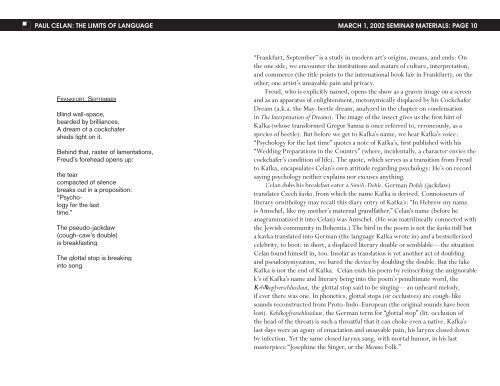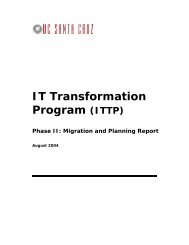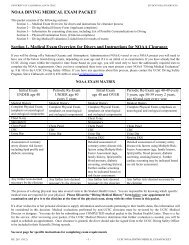You also want an ePaper? Increase the reach of your titles
YUMPU automatically turns print PDFs into web optimized ePapers that Google loves.
PAUL CELAN: THE LIMITS OF LANGUAGE MARCH 1, 2002 SEMINAR MATERIALS: PAGE 10<br />
FRANKFURT, SEPTEMBER<br />
Blind wall-space,<br />
bearded by brilliances.<br />
A dream of a cockchafer<br />
sheds light on it.<br />
Behind that, raster of lamentations,<br />
Freud’s forehead opens up:<br />
the tear<br />
compacted of silence<br />
breaks out in a proposition:<br />
“Psychology<br />
for the last<br />
time.”<br />
The pseudo-jackdaw<br />
(cough-caw’s double)<br />
is breakfasting.<br />
The glottal stop is breaking<br />
into song.<br />
“Frankfurt, September” is a study in modern art’s origins, means, and ends: On<br />
the one side, we encounter the institutions and avatars of culture, interpretation,<br />
and commerce (the title points to the international book fair in Frankfurt); on the<br />
other, one artist’s unsayable pain and privacy.<br />
Freud, who is explicitly named, opens the show as a graven image on a screen<br />
and as an apparatus of enlightenment, metonymically displaced by his Cockchafer<br />
Dream (a.k.a. the May-beetle dream, analyzed in the chapter on condensation<br />
in The Interpretation of Dreams). The image of the insect gives us the fi rst hint of<br />
Kafka (whose transformed Gregor Samsa is once referred to, erroneously, as a<br />
species of beetle). But before we get to Kafka’s name, we hear Kafka’s voice:<br />
“Psychology for the last time” quotes a note of Kafka’s, fi rst published with his<br />
“Wedding Preparations in the Country” (where, incidentally, a character envies the<br />
cockchafer’s condition of life). The quote, which serves as a transition from Freud<br />
to Kafka, encapsulates Celan’s own attitude regarding psychology: He’s on record<br />
saying psychology neither explains nor excuses anything.<br />
Celan dubs his breakfast eater a Simili-Dohle. German Dohle (jackdaw)<br />
translates Czech kavka, from which the name Kafka is derived. Connoisseurs of<br />
literary ornithology may recall this diary entry of Kafka’s: “In Hebrew my name<br />
is Amschel, like my mother’s maternal grandfather.” Celan’s name (before he<br />
anagrammatized it into Celan) was Antschel. (He was matrilineally connected with<br />
the Jewish community in Bohemia.) The bird in the poem is not the kavka itslf but<br />
a kavka translated into German (the language Kafka wrote in) and a bestsellerized<br />
celebrity, to boot: in short, a displaced literary double or semblable—the situation<br />
Celan found himself in, too. Insofar as translation is yet another act of doubling<br />
and pseudonymyzation, we bared the device by doubling the double. But the fake<br />
Kafka is not the end of Kafka. Celan ends his poem by reinscribing the unignorable<br />
k’s of Kafka’s name and literary being into the poem’s penultimate word, the<br />
Kehlk ehlk ehl opfverschlusslaut, the glottal stop said to be singing—an unheard melody,<br />
if ever there was one. In phonetics, glottal stops (or occlusives) are cough-like<br />
sounds reconstructed from Proto-Indo-European (the original sounds have been<br />
lost). Kehlkopfverschlusslaut, the German term for “glottal stop” (lit. occlusion of<br />
the head of the throat) is such a throatful that it can choke even a native. Kafka’s<br />
last days were an agony of emaciation and unsayable pain, his larynx closed down<br />
by infection. Yet the same closed larynx sang, with mortal humor, in his last<br />
masterpiece “Josephine the Singer, or the Mouse Folk.”





